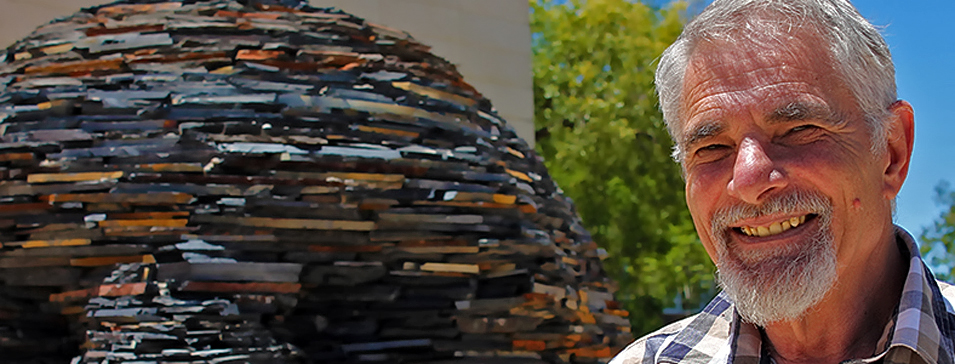Latest News Archive
Please select Category, Year, and then Month to display items
03 March 2021
|
Story Giselle Baillie
|
Photo Supplied
_web.jpg?sfvrsn=987e6620_1) Residence members who led the project, included:
Bohlokwa Rantja, the Residence Prime, and Transformation Committee members Nsuku Mutemela, Ofentse Motlakeng, Phindile Tjale, Madinku Mabala, Mmapopi Motshoso, Karabo Shuping, and Tagane Sekete.
Residence members who led the project, included:
Bohlokwa Rantja, the Residence Prime, and Transformation Committee members Nsuku Mutemela, Ofentse Motlakeng, Phindile Tjale, Madinku Mabala, Mmapopi Motshoso, Karabo Shuping, and Tagane Sekete.
The University of the Free State (UFS) Council approved and adopted Lehakwe House as the new name for the
NJ van der Merwe residence on the Bloemfontein Campus. The approval on 26 November 2020 followed a lengthy process of deliberation, consultation, and public engagement that has taken place since November 2019 and is aligned with the UFS Policy on Naming and Renaming. The name-change process was initiated by the Prime and Transformation Committee of the residence, guided by the
Unit for Institutional Change and Social Justice and supported by a multi-stakeholder committee representative of the residence, the Housing and Residence Affairs Office, the Department of Student Affairs, the Student Representative Council, and alumni.
Lehakwe – a precious gem
Following a lengthy evaluation process of the names submitted through a public voting and recommendation platform in July 2020, ‘Lehakwe’ – a Sesotho word referring to a ‘precious gem’ – emerged as the front runner. As many current and past members of the residence attest, this womxn’s residence has come to occupy a significant space within the hearts and minds of UFS students and the UFS community, given that its spirit has always been closely aligned with the constitutional values of dignity, equality, and freedom and with the human values of ubuntu. In this vein, the new name of ‘Lehakwe’ presents a consolidation of constitutional and university values into the day-to-day thinking, learning, living, and legacy spaces of students, as well as everyone who interacts and engages with the UFS.
UFS an institution of choice for the most gifted academics
2013-12-05
 |
| Prof Rob Gordon |
Two lecturers at the University of the Free State’s (UFS) Department of Anthropology proved once again that the UFS is indeed an institution of choice for some of the most talented and gifted academics in the country.
Prof Rob Gordon was co-author of the book “Recreating first contact,” which explores how adventure travel, which emerged during the early twentieth century, influenced popular views of anthropology.
It was in this period that new transport and recording technologies, particularly the airplane and automobile and small, portable, still and motion-picture cameras, were used in various expeditions to document the last untouched places of the globe and bring them home to eager audiences.
These expeditions were frequently presented as first contact encounters and enchanted popular imagination. The book further explores the effects – both positive and negative – of such expeditions on the discipline of anthropology itself.
Dr Riana Steyn was co-author of the first Afrikaans play by Athol Fugard, “Die Laaste Karretjiegraf.”
The play focuses on the Karretjie people, itinerant sheepshearers in the Karoo who are direct descendants of South Africa’s first inhabitants. Doing research on the Karretjie people, he came across a master’s thesis in Anthropology by Dr Steyn, who gave him access to her work and eventually co-wrote the play with him.